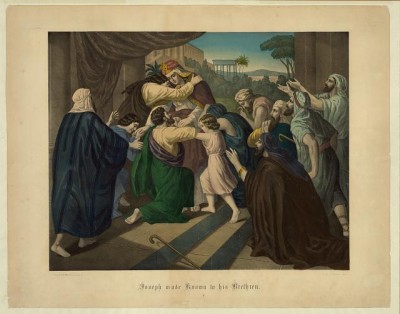Two Ways to See the Same Event
On Saturday Ray and I traveled to visit our son and his family for his birthday. Just last week Ray and I were chatting with one of the college students we knew when Ray was a campus minister at Ole Miss. It was the first time we had talked to Greg in more than a decade. As we caught up, he mentioned the day our first little baby was born. He was there at the hospital with us and reminded Ray about his looking a shade close to oatmeal for a while. Back in those “dark ages,” Ray could only stay with me until I went into the delivery room. That’s when his countenance turned to oatmeal. It was particularly special to have someone else reminisce with us, just a few days before our first-born’s birthday, about that day we became parents for the first time.
On Sunday morning before church, our five-year-old grandson and I played balloon volleyball, a favorite activity of the weekend. As we volleyed back and forth across the piece of yarn we had strung four feet across the floor in his room, we counted our volleys, first forward and then backward. Lest you think this was my educational idea, counting backward — from 100 — was his idea. However, it would be a good math exercise for active little boys.
We didn’t worry if we missed — no starting over again for us. We just picked up where we left off. One time when the balloon landed on the top bunk, I had a momentary thought something like, “Aww . . . bummer.” That wasn’t his attitude at all. He thought it was funny. That got me to thinking about how differently two people can see the same event. My adult mind wanted to keep the volley going. His little child mind liked the mix-up; it was fun.
The moment also got me to thinking about how God sees things compared to how people see the same event. Sometimes things we think of as terrible, God sees as something for our good. Abraham’s great-grandson Joseph learned this lesson well in the last chapters of Genesis.
Genesis 37 through 50 tell Joseph’s story, beginning when he was 17. Joseph’s father Jacob loved Joseph more than he loved any of his other eleven sons. It is no surprise that they resented this. It is a surprise that they hated him so much that they sold him into slavery.
During Joseph’s time as a slave in Egypt, he had more trouble. Through it all, Joseph stayed faithful to God no matter how difficult things became for him. Eventually Joseph rose to power in Egypt. After a famine hit both Egypt and the land where Jacob and his brothers were still living, Joseph was able to provide for his family and move them all to Egypt.

In Genesis 50, Jacob dies and Joseph’s brothers fear that he will bear a grudge against them and pay them back for what they did to him. Joseph reassures his brothers with truth that can heal our hearts and give us joy — if we are willing to take it deeply into our hearts like Joseph did.
Then his brothers also came
and fell down before him and said,
“Behold, we are your servants.”
But Joseph said to them, “Do not be afraid,
for am I in God’s place?
As for you, you meant evil against me,
but God meant it for good . . . .”
Genesis 50:18-20

